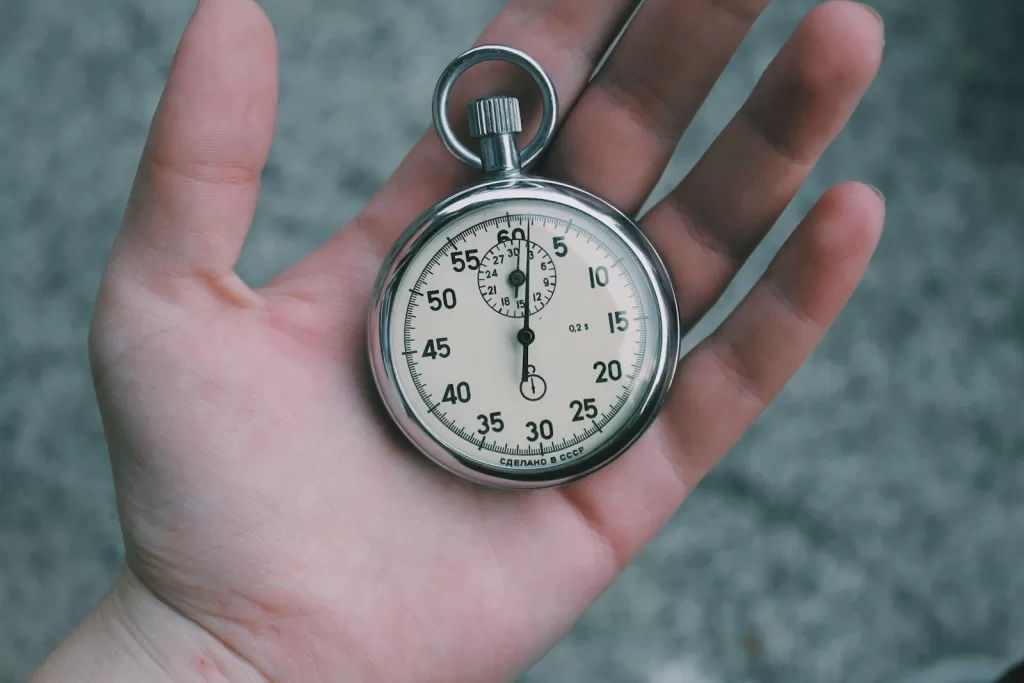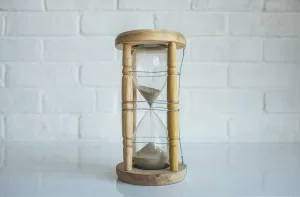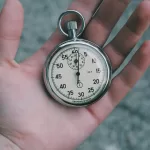Effective time management can reduce worry, increase productivity, and increase free time for the things you care about. Most of us feel like time goes by too quickly. You might not think there is enough time in the day to finish all the things on your list when you have a lot of things that want your attention. Taking good care of your time, on the other hand, can make your mental health better, lower your stress, and simple your life. Here are some good ideas for better time management that will help you live a healthier and more enjoyable life.
Why it’s important to keep track of your time
Organizing your time well can help you stay focused, set goals, and keep you from getting burned out. You need to find the right balance between work and free time. Just cramming as much as you can won’t do. You can feel in charge even when things get busy with this method, and it will also help you feel a lot less stressed. You can often get things done and deal with your stress at the same time. To do both, you might need to learn how to better plan your time.
Make a plan for each day first.
Making plans for the day is one of the best ways to take back control of your time. Every morning, spend a few minutes planning what you’re going to do. Making a list of things to do is all you need to make this happen. Give each task a certain amount of time and rank them by how important they are. You’ll feel less stressed and know where to put your energy if you have a clear plan. Another thing is that crossing things off your list makes you feel good and can keep you going all day.
When you plan your days, use useful tools like digital calendars or planning apps to get more done. You can set notes, keep track of your tasks, and break down bigger tasks into steps you can handle with these tools. If you stick to your plan, you’ll be much less likely to get sidetracked. Taking this step will help you feel less stressed.
Step 2: Sort jobs by how important they are.
There’s a lot of stress that comes from having to do everything right away. With effective time management you need to make a list of things to do first. Sort the things that need to be done right away from the things that can wait. One way to do this is with the Eisenhower Matrix. Putting jobs into four groups is part of it:
Things that need to be done right away and are important. There are things that need to be done but don't need to be done right away. What are some things that need to be done right away but aren't very important? There are some things that don't need to be done right away and can be put off or even thrown away. The most important and urgent tasks should be done first. This will help you feel in charge and less stressed because you'll know you're working on the right things.
Step 3: Split up big jobs into small ones with effective time management
Breaking down big tasks into smaller, easier-to-handle steps can make them less stressed and overwhelming. Don’t try to do a big job all at once. Instead, break it up into smaller steps that you can do one at a time. This method not only makes the job look easy, but it also helps you get more done along the way.
For example, if you have a big project at work, you should start by reading about it. After that, you should make a sketch, then a draft, and so on. This method, which is also called “chunking,” can help you stay on task without getting too tired.
Step 4: Learn how to say “no” and draw lines.
To use your time well, you need to know what your limits are. When you take on too many jobs, you can get tired and stressed. Learn how to say “no” when you need to. There are times when you don’t need to do everything that is asked of you, inside and outside of work. If you already have a lot going on, politely turning down extra work is a good way to keep things in balance and calm down.
Part of setting limits is also dealing with things that get in the way. You can “focus” when you turn off texts, close tabs you don’t need, or put your phone on silent. Setting aside this time will help you stay on track and get things done faster, giving you more time to goof off later.
Step 5: To make your day go more easily, use tools that help you get things done.
Tech today can help us with almost every part of our lives, even keeping track of time. Tools for getting things done, like Trello, Asana, and Google Calendar, can help you stay organized and on top of your tasks. With these tools, you can keep track of your work, set due dates, and get alerts.
Pomodoro timers and other tools can also be useful. The Pomodoro Technique is a way to work that has you work for 25 minutes and then take a 5-minute break. It can help you focus and keep you from getting too tired. To find the best way and tool for you, try out a few different ones.
Step 6: Think about your plan and change it.
Time management isn’t a one-size-fits-all thing. Thought about your method often and change it if called for. Before going to bed, quickly go over your list of things to do every night. What worked? Why didn’t it happen? Did you guess wrong about how long some jobs would take? By asking yourself these questions, you can change how you plan and get more done.
It can also be helpful to check once a week. Have a more general look at what you did well and not so well each week. Take a look at your long-term goals, change your priorities, and get back on track if you’ve gotten off. You will get better at managing your time over time if you check often.
Step 7: Take care of yourself and rest.
It’s easy to forget to rest when you’re trying to keep track of time. With effective time management you can feel better if you take breaks, get enough sleep, and relax. It can be hard to focus if you don’t get enough rest. Do things you love, like reading, working out, or hanging out with people you care about. To keep a good work-life balance and avoid stress, it’s important to take these breaks.
Remember that you have to take care of yourself, it’s not a nice thing to do. By taking care of yourself, you make sure you have the power and focus to get things done quickly.
Step 8: Record your progress and enjoy small wins.
Keep track of your work is another good way to use your time well. With effective time management you can celebrate the little things you do well, like getting a report done, working out, or just staying on task all day. You’re more likely to keep going after these small wins because they boost your confidence and drive.
You could make a book of all the things you’ve done and problems you’ve fixed. Keep track of your progress to see the bigger picture and remember how far you’ve come, even when things get tough.
Putting everything together
You need time to learn how to use your time well. You can have a more peaceful and happy life if you plan your days, set limits, put your jobs in order of importance, and take time to rest. Don’t try to cram more into each day. Instead, try to find a way to feel less stressed, get more done, and still have time for the things that matter to you.
When you plan your day well, you can feel more in charge and waste less time running around. If you keep these habits, your life will be better and less stressed. Start small, like making a list of things to do every day, and work your way up. You’ll quickly see how good time management can make a big difference in your happiness and personal growth.









